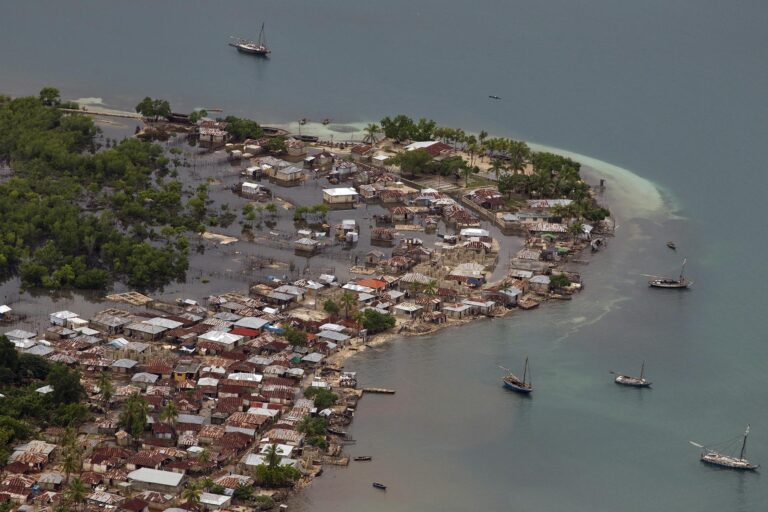The right to participate in public affairs in combatting climate change is critical.
Regional courts, such as the Inter-American Court on Human Rights (IACtHR), and European Court on Human Rights (ECtHR), are playing an increasingly important role in clarifying the obligations of states in their respective regions.
In November 2017 the IACtHR issued an advisory decision finding that the right to a healthy environment contained in the Additional Protocol to the American Convention on Human Rights (ACHR) is an enforceable right under that Convention, and that states have obligations to prevent significant environmental damage that impacts human rights. The court stated that States have the “responsibility to ensure that activities within their jurisdiction or control do not cause damage to the environment of other States or of areas beyond the limits of national jurisdiction.” The opinion is non-binding, but has already proven to be highly influential.
In January 2023, the Foreign Ministers of Chile and Colombia submitted a request to the Inter-American Court of Human Rights for an advisory opinion clarifying the scope of state obligations with respect to climate change under the American Convention on Human Rights. The Chilean government has stated that:
“[T]he aim is to specify the state obligations in prevention and human rights guarantees linked to the climate crisis, the judicial procedures in the face of it, as well as to obtain legal certainty on the establishment of shared responsibilities between countries in the matter, among other issues.”
While the European Convention on Human Rights does not contain specific reference to a right to a healthy environment, the ECtHR has found that the failure of states to prevent environmental harm such as pollution can violate a range of rights protected by the Convention, including the rights to life, health, and a family life. On March 29, 2023, the Grand Chamber of the ECtHR heard arguments in two cases, Klimaseniorinnen v. Switzerland and Carême v. France, challenging the failure of Switzerland and France to take sufficient action to mitigate the impact of climate change. The court’s ruling in these cases will help define the mitigation obligations of countries that are party to the ECHR.
Photo Credit: A man tries to keep cool during a searing European heatwave. In 2023, the first ever climate case before the European Court of Human Rights (ECtHR) will be heard: a group of senior women in Switzerland are suing their government, claiming that their lives and health are threatened by heat waves fueled by climate change. Photo by Christian Julliard (CC BY-NC-ND 2.0).






